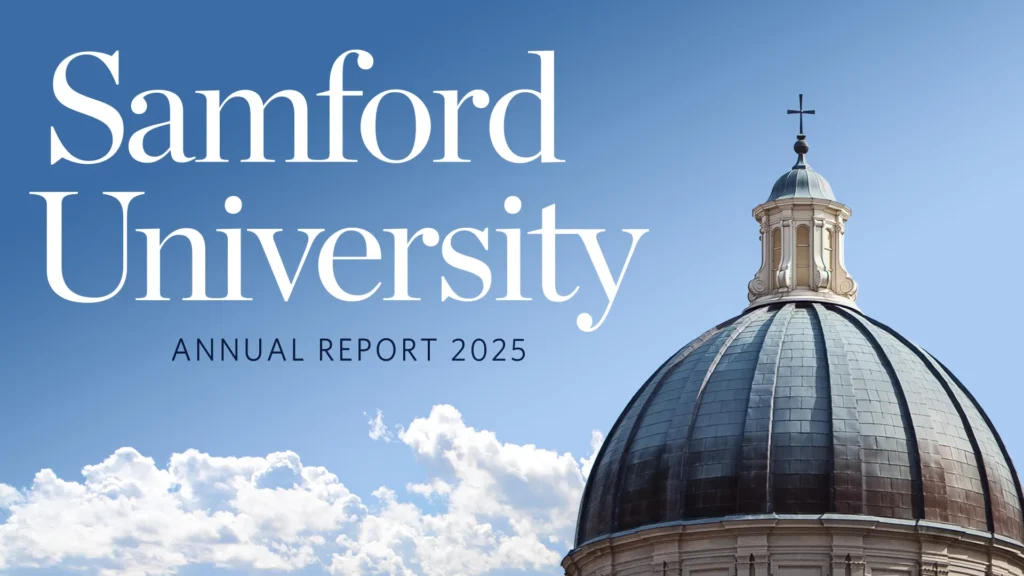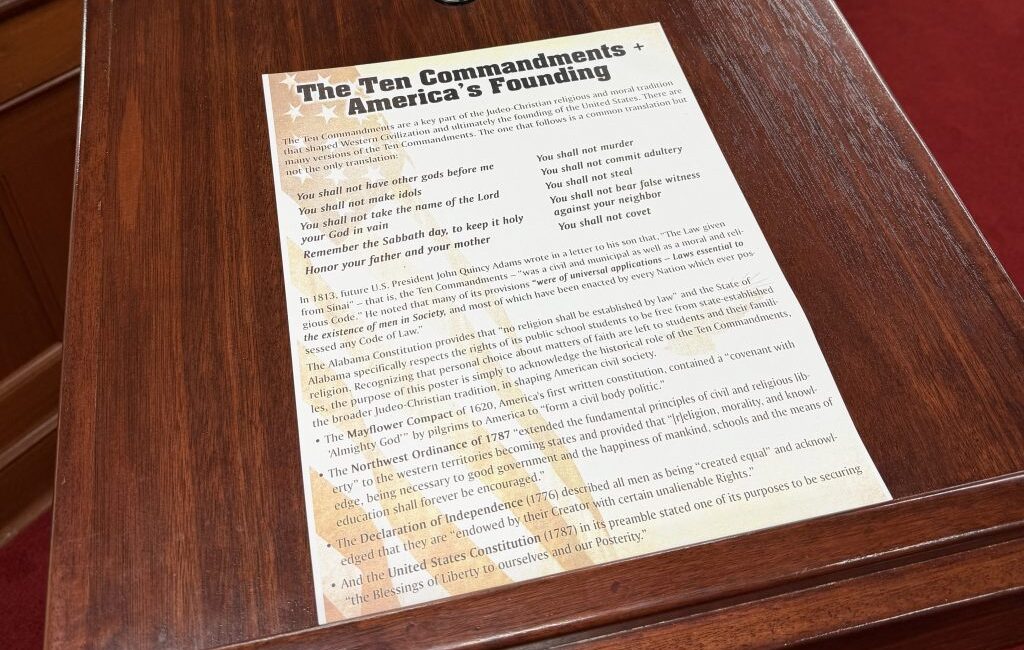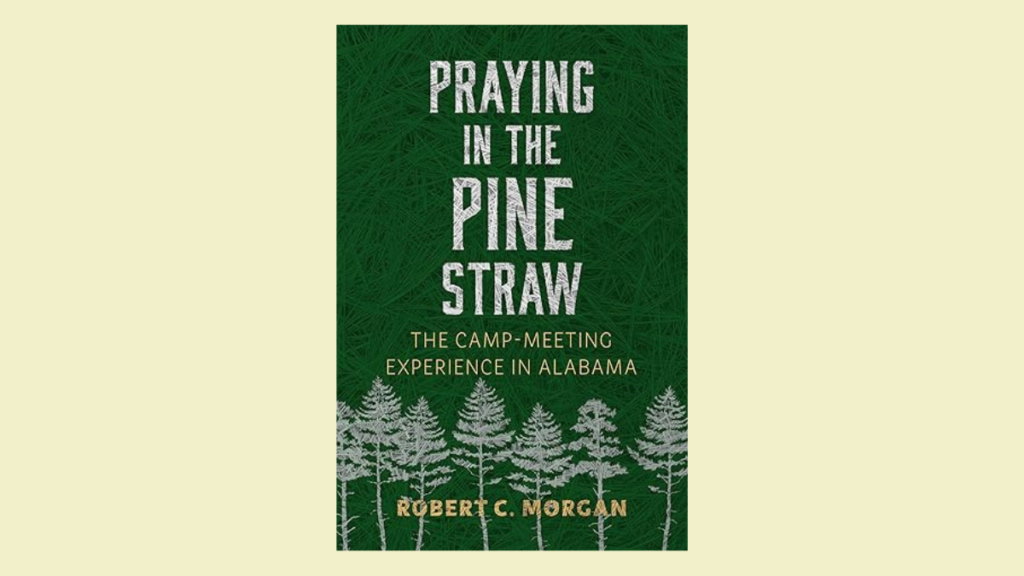Though Alabama’s public schools may not be blatantly God-centered places, they’re not Godless ones either, said Jodi Newton, superintendent of Homewood City School System.
“Those who know students and teachers in public schools know they’re not Godless places,” said Newton, a member of Dawson Memorial Baptist Church in Birmingham. “Lots of us are Christians and have a chance to express that.”
Limitations do exist, because the primary purpose of the public school is to be educational, not evangelical, Newton said. But Christian faculty and administration who choose to serve in that realm can maximize their impact by seeing the glass as half full rather than half empty. “You have to focus on the incredible opportunities we do have that are appropriate in our workplace,” Newton said.
Unlike evangelical schools or home schooling programs, public schools afford teachers no chance to directly evangelize or teach religion for religion’s sake.
“You run into problems when you have a teacher who tries to openly evangelize students. We do have a separation of church and state,” Newton said. “I’m not in the position I’m in for the purpose of portraying civil disobedience or choosing not to follow the laws of the land. I find many opportunities to share my faith in the context of following the law.”
A teacher’s interactions with coworkers naturally include his or her Christian faith like any other workplace, Newton said. “The most prevalent way school teachers and administrators share their faith is both with the way they live their lives and with references they make in conversation to their faith.”
Teachers can discuss stories and difficult situations they’ve been through, and a large number find ample opportunities to pray in school. “The notion that they have to leave their faith at the door is inaccurate,” Newton said.
Stan Cox, principal of Opelika High School, said though prayer is not openly allowed, times arise when prayer can work its way into faculty interactions.
“During class time, teachers have to be discussing subject matter, but during lunch or non-instructional time, they have the opportunity to share their beliefs,” said Cox, a member of First Baptist Church, Opelika. And though he doesn’t have the freedom to openly evangelize the 1,232 students he oversees every day, he can weave his personal faith into his methods of administration.
“I can’t go as far as I would like,” Cox said, “but when I’m counseling with students who have messed up discipline-wise and their parents, I tell them, ‘My God is a God of second chances. By grace I have a second chance, and I’ll extend that to you.’”
Barry Daniel, a high school teacher and coach at Russellville High School, agreed that opportunities arise in one-on-one interactions with students and teachers alike.
“If I can just say a thing or two here or there and be an example that might eventually lead someone to Christ, it’s worth it,” said Daniel, a member of Calvary Baptist Church in Russellville. “It’s just as easy to work it into conversation here as it is at any other place of work.”
On two occasions in the past two weeks, Daniel said, topics in his history and government classes led to biblical discussions.
“One was the recent case of the homosexual boy who was expelled from a Christian school in Florida,” Daniel said. “The boy’s lawyer made accusations against the school for not showing Christian behavior, and the students began discussing that. I could use that topic to make a point to the class.”
Despite his watchfulness for opportunities, though, Daniel said recent governmental decisions make teachers like him also watchful of the government influence in their workplace. “I do open devotionals for those who want to come, and I witness for Christ one on one, but there are laws,” Daniel said. “I can’t dictate people’s lifestyles or force them to be Christians, but I can provide an example and be someone for them to look to.”
School workers seek to share faith without crossing legal line
Related Posts

UM Grace Pilot School of Business Dean Kathy Dunning to retire; national search underway
March 5, 2026
The University of Mobile announced that Kathy Dunning, dean of the Grace Pilot School of Business, will retire at the conclusion of the 2025–2026 academic year. University officials have launched a national search for her successor.

Samford University releases 2025 annual report
March 5, 2026
Samford University recently released its 2025 annual report. See more details released by Samford on that report below: “Samford continues

Ten Commandments display bill advances in House committee
March 5, 2026
A bill requiring public schools to display the Ten Commandments in classrooms advanced Wednesday (March 4) without debate in the Alabama House Education Policy committee.

Book review: New historical account of camp meetings contains rich detail, negative elements
March 5, 2026
Religious camp meetings were a notable part of American culture from the 1800’s, particularly so in Alabama and across the South.

Share with others: